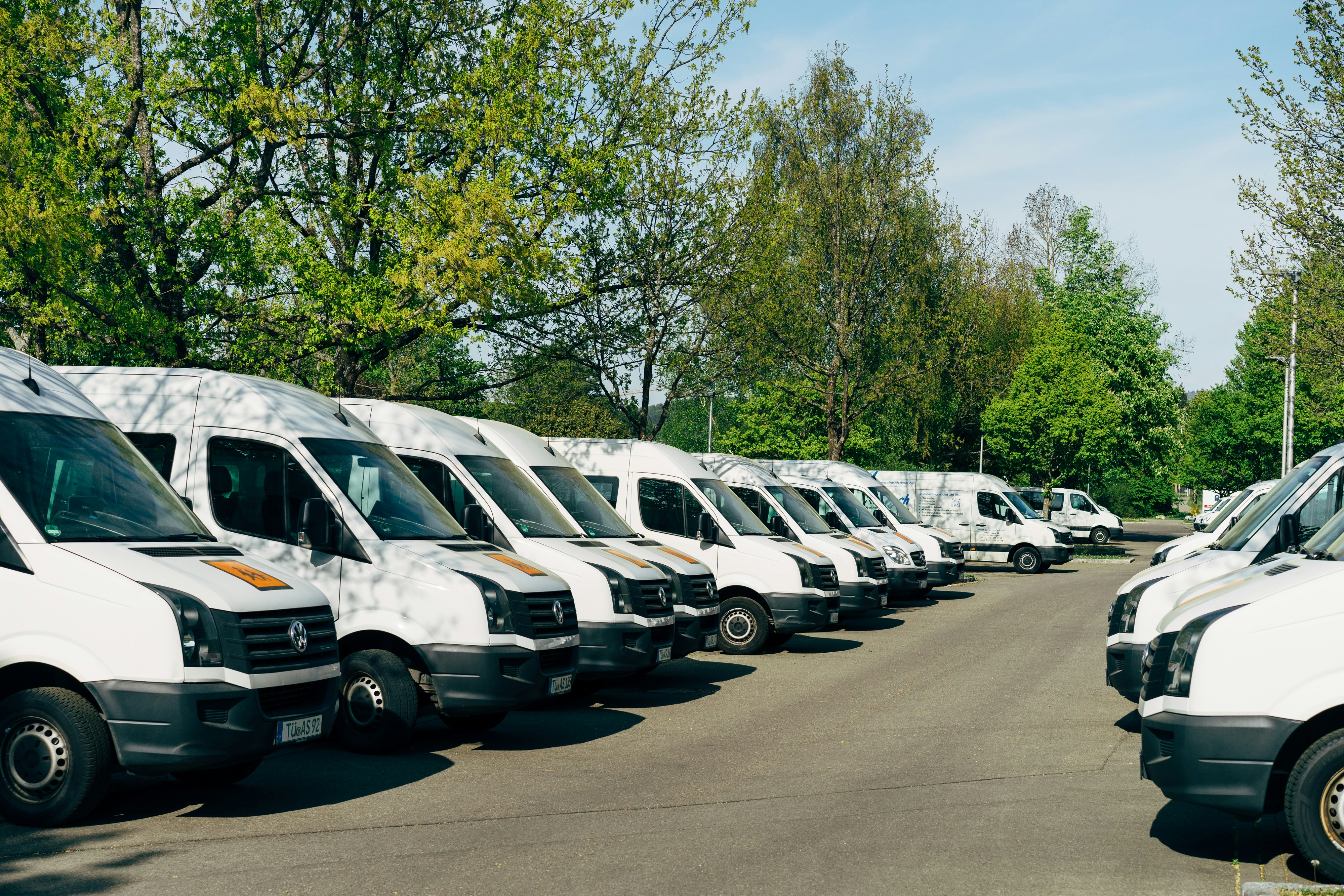As a sole trader, you are essentially a one-person business. With no company insurance between you and any damages, legal or otherwise, it’s wise to consider what insurance options you as the business owner might need should something unexpected happen. Here are the six main types of insurance that are potentially worthwhile for any sole trader or one-person business owner.

Public Liability Insurance
This is the most important form of insurance for a sole trader. Public liability insurance, also known as general liability insurance protects you as a small business in case you are sued over personal or property damage. This could be damage to a client’s home or property that happens while you are working, and could also include personal injury caused by your negligence. If your actions cause the death of another person, which would be a worst-case scenario, you could be looking at the liability of hundreds of thousands, if not millions of dollars. Public liability insurance covers you for this, too. If you work closely with clients and their property, it would be a good idea to compare public liability insurance using iSelect and see what options you have.

Personal Accident Insurance
This type of insurance is very similar to income protection; it protects sole traders if they get sick or receive a bodily injury in a way that means they can no longer work. As a small business, you are not given any sick leave as standard, so it’s wise to plan ahead for this potential eventuality.
Tool Insurance
If you work with tools or hold expensive equipment on your business premises. An applicant can expect coverage from the insurance company if your tools are damaged by fire, in a vehicle collision, or theft following forced or violent entry. It’s a good type of insurance for any tradesman who relies on a specialized set of tools to provide their services.
Commercial Motor
If you use a van or a truck in your business, you might consider seeking liability coverage to protect your vehicle. You might already have private vehicle insurance, but check that your insurance will cover you for anything that happens while using it for work. If not, then consider becoming an applicant for a separate form of commercial motor insurance. Not being able to get around for your job could mean huge setbacks for your status as a sole trader.

Professional Indemnity
Not every sole trader needs this form of insurance, but if you offer advice as part of your services, it might be a good idea. That could include consultancy work, business management, and more. It is very similar to public liability and general liability, but it protects you from any damages that might come about from you offering your professional advice, largely when it is given through a written report. If you casually offer advice as part of your physical labor, it’s probably not likely. If you offer a full written report, it’s likely worth considering.
Business Pack
If you have your own premises as a sole trader, whether it’s a small warehouse, office space, or even a retail space, you should make sure the area is properly insured. You will likely have some insurance that is required as part of your lease if you are renting, so the first step is to make sure you are covered for all of those necessities. If you own the space, then be sure to cover anything that is inside the building. This can often be purchased as part of a business pack from underwriters, covering you for damage to stock, machinery, technical equipment, furniture, and more.



